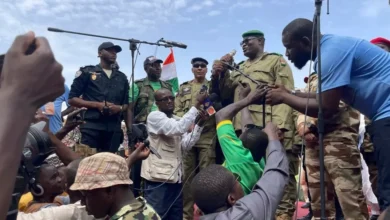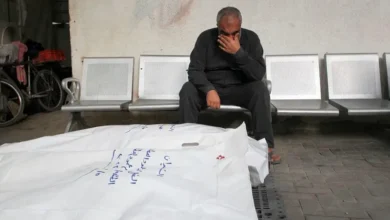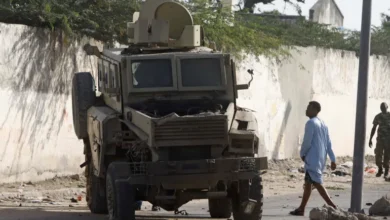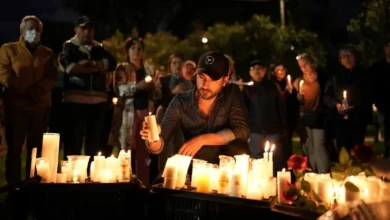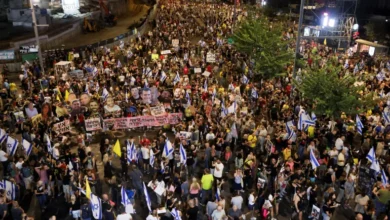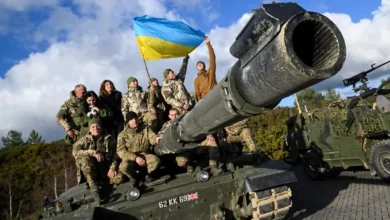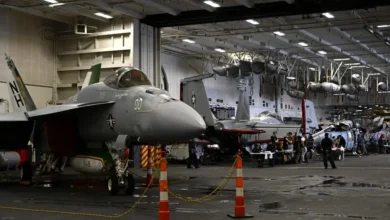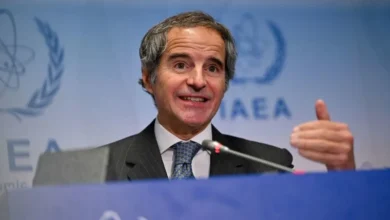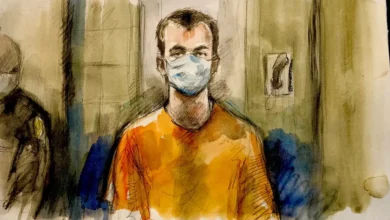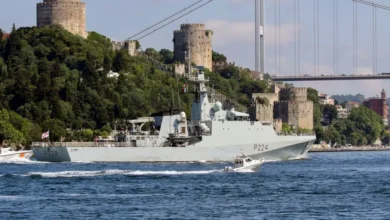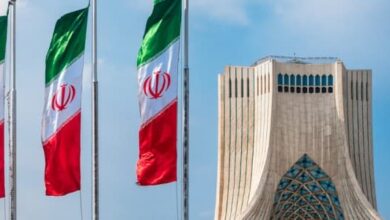Sri Lanka delays first vote since new president due to lack of funds
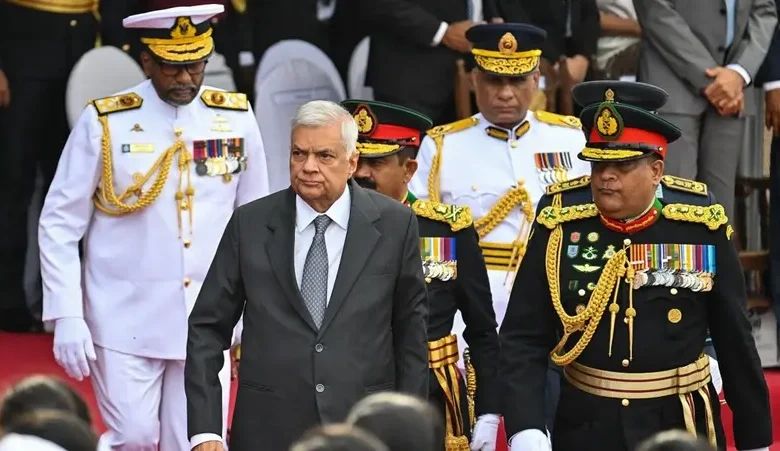
Sri Lanka’s independent election commission indefinitely postponed local polls Friday after the president, installed by parliament last year after his predecessor fled, refused to fund the vote.
The March 9 polls would only have picked local councilors but would be the first electoral test for Ranil Wickremesinghe since he took office in July after months of protests over the island’s worst-ever economic crisis.
They were seen by many as a de facto referendum on unpopular austerity measures he has imposed as he seeks to secure an International Monetary Fund bailout.
But the five-member election commission panel said the vote would not be held as scheduled as Wickremesinghe’s administration had refused to provide the necessary 10 billion rupees ($27 million) and logistical support.
The announcement came a day after Wickremesinghe warned parliament that holding an election during the economic crisis could be disastrous.
“We will not have a country if the economy does not develop,” he said.
Wickremesinghe, who replaced Gotabaya Rajapaksa after protesters stormed the presidential palace, has implemented swinging tax hikes and price rises in an effort to secure the IMF bailout.
Sri Lanka has seen more than a year of acute shortages of essentials along with hyper-inflation, and in April defaulted on its $46 billion external debt.
Opposition MPs accused the president of using the economic crisis as an excuse to sabotage democracy.
Wickremesinghe won a parliamentary vote to replace Rajapaksa with the backing of Rajapaksa’s SLPP party, but has no popular mandate.
At the last local elections in 2018, his United National Party won just 10 percent of the 340 councils, while conceding 231 to the SLPP.
The IMF previously said its $2.9 billion rescue depends on Sri Lanka’s bilateral creditors – the biggest of them China – agreeing to restructure their debts.
